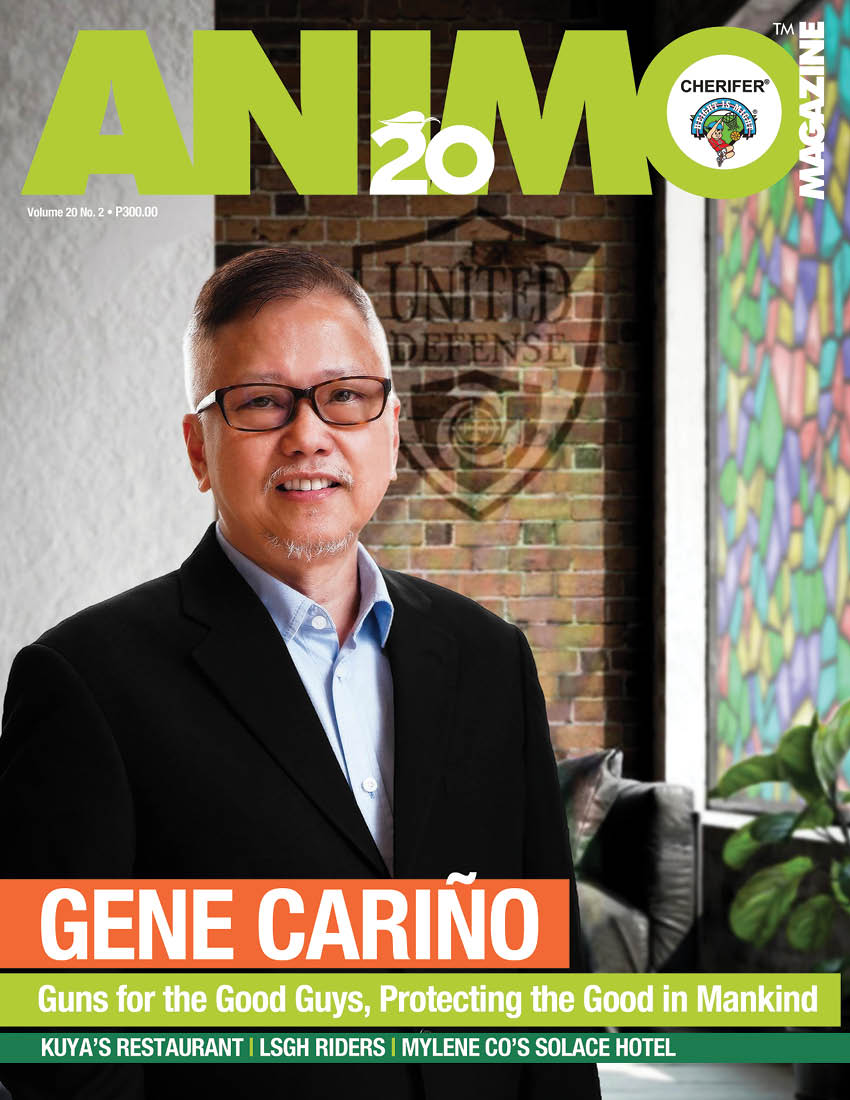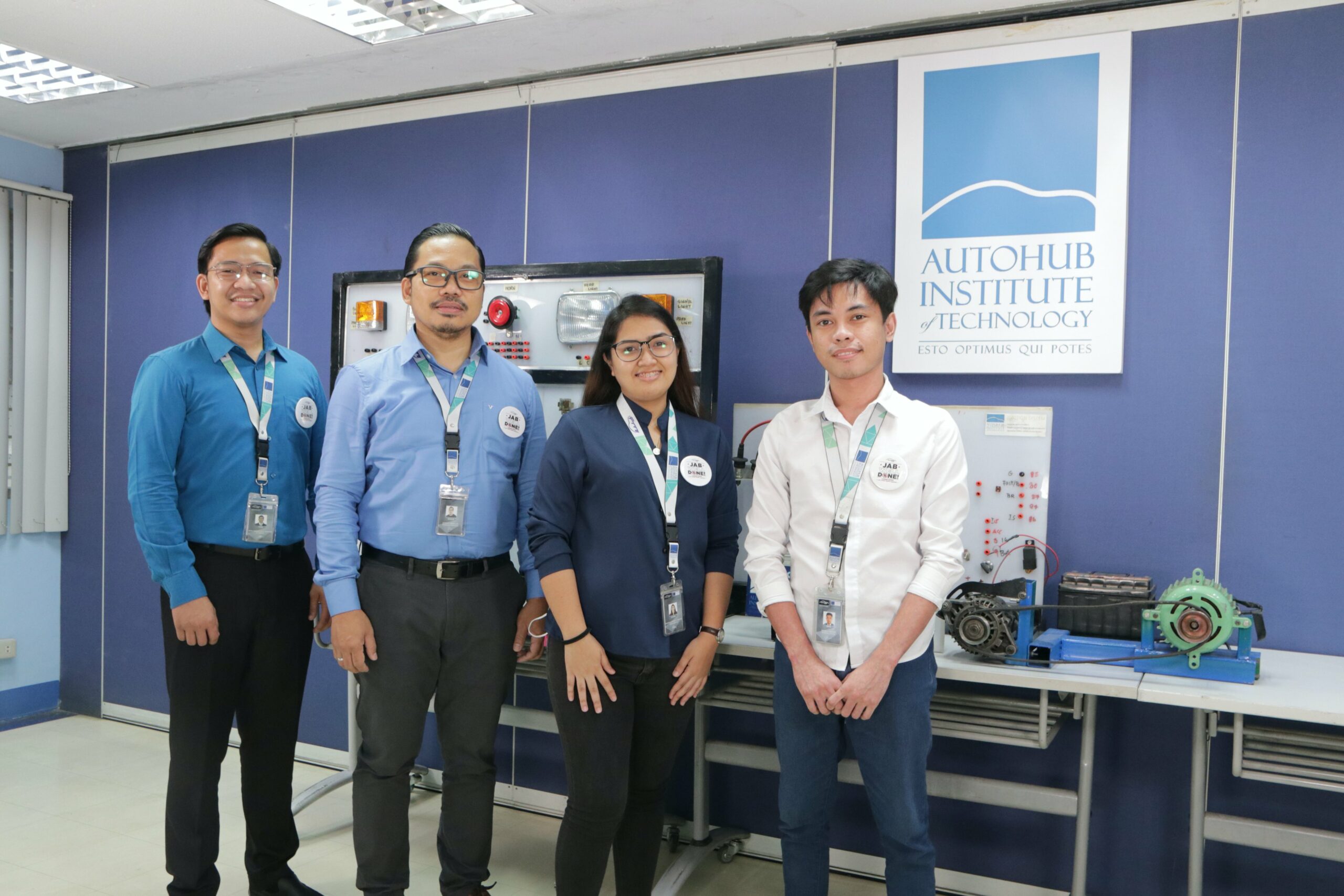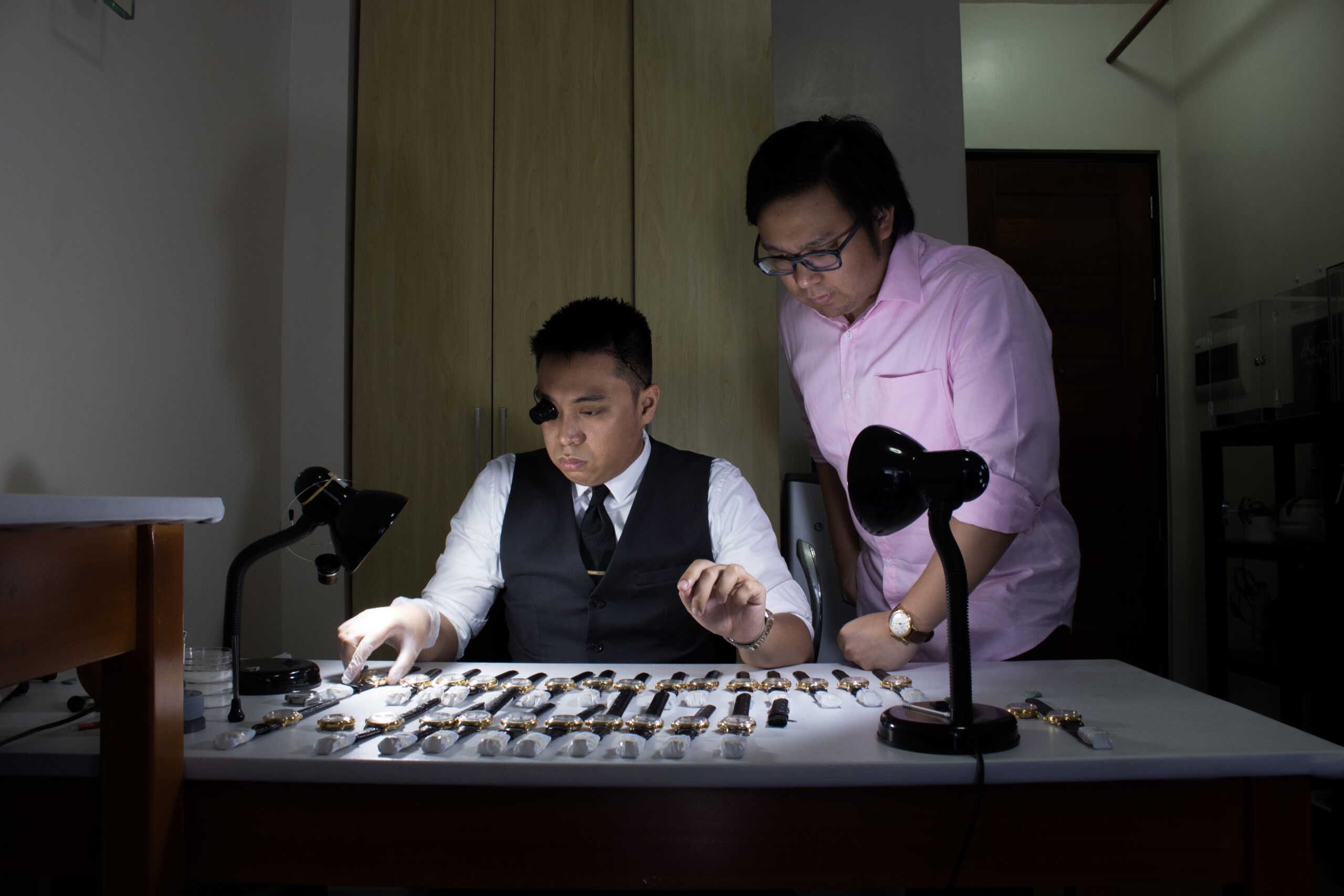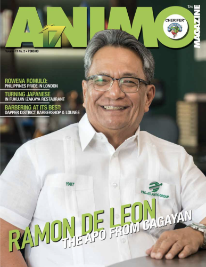From wastewater to fertilizer: Lasallian faculty and student team recognized for sustainable, pioneering research
A team of researchers from De La Salle University and De La Salle Araneta University placed second in the Philippine Water Challenge (PhlWC) for “Project NexCities (Water–Energy–Nutrient Nexus in Cities of the Future): Wastewater to Fertilizer.” The awarding ceremony was held on December 14 at the Makati Diamond Hotel.
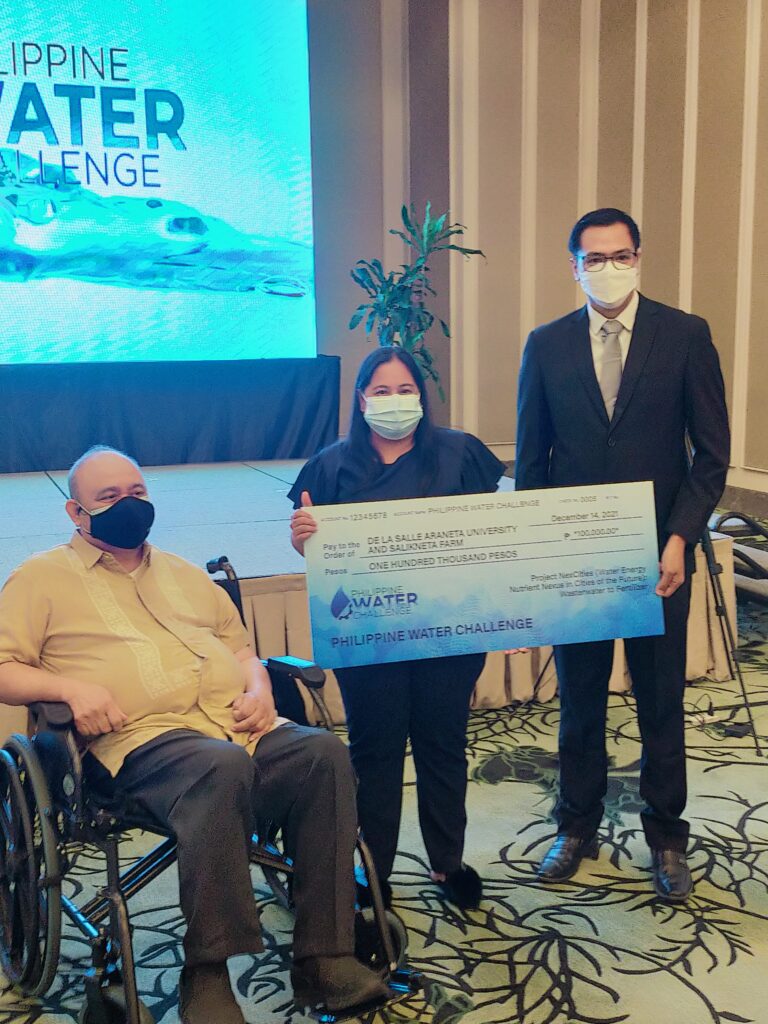
Project NexCities is an initiative that aims to demonstrate how fertilizer can be produced from septic tank wastewater and be used in agriculture.
The DLSU faculty members are Prof. Michael Promentilla, Dr. Aileen Orbecido, and Dr. Arnel Beltran of the Department of Chemical Engineering. Maria Eda Apple Suplido, Executive Director of DLSAU-Agrivet Sciences Institute, is the main proponent for the project. She is joined by her group composed of Elma Pulgarinas, Elmer Montebon, Emmie Marie Rosales, and Rey Arniel Japay.
MS Chemical Engineering student Regina Damalerio, Science Research Specialist and MS Environmental Engineering graduate Engr. Alberto Longos, and University of Surrey PhD student Engr. Carla Mae Pausta are also part of the award-winning group.
Aside from DLSU and DLSAU, Project NexCities partnered with University of Surrey and the Society for the Conservation of Philippine Wetlands.
The Water – Energy – Nutrient Nexus for Future Cities concept identifies the factors involved in efficient energy and resource wastewater management to improve water resources, enhance water quality, develop sustainable food production, and create positive social impact.
The project aims to contribute to the achievement of the United Nations Sustainable Development Goal (UN SDG) No. 6 “Clean Water and Sanitation” and No. 11 “Sustainable Cities and Communities.”
For the PhIWC, the researchers submitted a small-scale (< 1000 households) solution for community access to safe sanitation facilities (Theme No. 2). According to them, over two billion people have no or limited access to sanitation and more than two-thirds of these unserved people are also found in rural communities.
The team added that many areas in the country use septic tank systems, with most of the sewage being discharged without proper treatment. This contributes to “nutrient pollution” to water bodies and the poorly designed or maintained septic tanks may also result in an increased incidence of waterborne diseases.
“Our innovative approach to solving the underlying problems is to rethink the sanitation system as a resource-oriented system to reduce cost burden and losses of nutrients relative to existing sanitation systems in the Philippines. The main product from the resource recovery is a recovered phosphate fertilizer which can be used by our farmers for crop cultivation or by social enterprises to promote circular bioeconomy,” says Promentilla.
Organized by the USAID Safe Water Project, the PhlWC is a platform to promote innovations, support improvements, and scale-up the application of such innovations. The team received P100,000 partnership fund and five mentorship package sessions.








